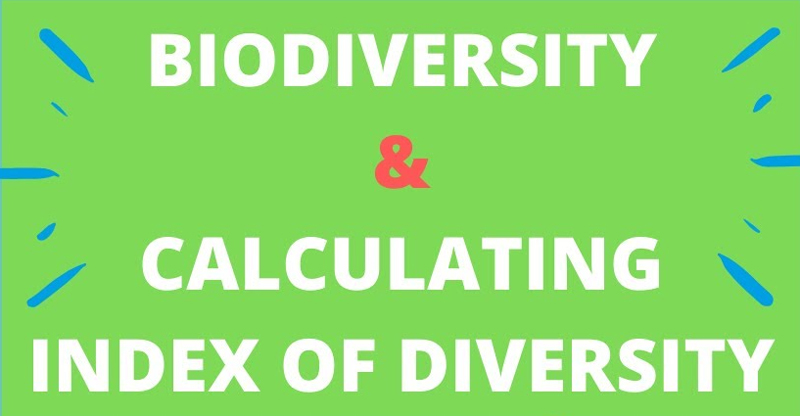With advantages specific in the wide range of bio-diversity field in respect of the twin capital cities of the UT of Jammu and Kashmir, Jammu has become the 9th Smart City and Srinagar the 10th of the country in terms of what the respective index has given out after being accordingly prepared based on taking into consideration certain relevant factors in terms of what both cities possessed meriting such placement. Jammu having secured 42 points while Srinagar 45 points from out of 72 is a matter of satisfaction but not of feeling quite complacent and satisfied. In fact, we obtain almost all that we require from the bio-diversity right from food, shelter to medicines, water purification to nutrient cycling and climatic regulation to pollination (of flowers and plants) and the list is unending . More finds in the field of biodiversity are the domain of researchers and scientists in the coveted but very critical field like we watch a constant endeavour in the field of new medicines and even unknown but silent services as also potential benefits not yet recognised. Jammu, therefore, has its own speciality in the field of flora and fauna, medicinal herbs and plants, wildlife dispersal and other natural eco-systems and adding a pinch of philosophical and literary elements like an indomitable right to exist as also presence and feeling proud of a peculiar rich culture again in varied fields. There are 23 indicators under three components namely native biodiversity, ecosystem services provided by Biodiversity and governance of biodiversity which must be performed ably in so as to confirm to the basic concerns of preserving and sustainability.
At the same time, the gigantic problem of fast urbanisation and providing added basic requirements like sufficient shelter , enough water, pollution free environment etc while at the same time maintaining a balance between effective but varied land use and management of natural eco-system . Needless to add, the immediate and the most pressing problem deserving solution on war -footing is the traffic chaos and mess which is showing threatening proportions of going out of hands in Jammu city . Since building of the biodiversity index cannot be realistic without taking into account how traffic problem affected the environmental issues like noise, air , habitat and the like especially when such an exercise is to be repeated every five years to ”assess the progress”, a fresh look needs to be taken when it comes to issues of urbanisation and related problems which are required to be incorporated in the developmental plans of cities and management thereof keeping related concerns in mind.
In the same way, Srinagar city has a basket full of rich flora, fauna, lakes, wetlands, springs, aquatic life, snow clad mountain ranges, forest ranges with wildlife, not to speak of beautiful gardens, parks and other areas critical from the angle of biodiversity which need to be preserved and developed so as to strike a chord between the biodiversity, its sustainability and the use thereof for various developmental activities needed for the people. The cause of concern, however, in respect of both the cities is loss of green cover or rich forests which have been consumed by human greed, haphazard constructions, encroachments and otherwise mercilessly felling of trees. The task, therefore, is to bring all such areas back under natural ecosystems. Replenishments, restorations and preservations and the like under proper strategies involving all stakeholders while planning cities on smart basis parameters may appear theoretically fair but definitely practically it involves nothing less than a sustained campaign to arrest as far as possible rapid ecosystem changes . We have to contain and arrest overdrawing and concentrate more on striking a balance by trying to ”giving back” as much as we ”squeeze’ it to meet our needs.
To achieve better biodiversity index over years , therefore, involves more of practical and result oriented plans and strategies since the natural factor too day by day is changing its behaviour like the inalienable constituent of this earth of experiencing changes and extinctions and presently they are taking place at an unprecedented rate like much talked about global climate change , invasive species, soil health and its behaviour , habitat loss and rapid pollution -to name a few. It may not look somewhat out of the general scope of these lines that overall two most important factors affecting the equilibrium of biodiversity concerns are over population and over consumption. Integrity and health of ecological systems and ensuring survival of species and understanding conservation challenges must not be lost sight of while working out developmental plans and shaping of habitats / cities and more towns while implementing Smart City projects for both the cities. May it be reminded via voicing concern on biodiversity challenges about ordinary looking but most important management and scientific disposal of daily waste and garbage in Jammu and Srinagar cities which may not be thought of any less import vis-a-vis the concerns of the environment , the health of rivers and water bodies and as such biodiversity issues on the whole.
Trending Now
E-Paper


